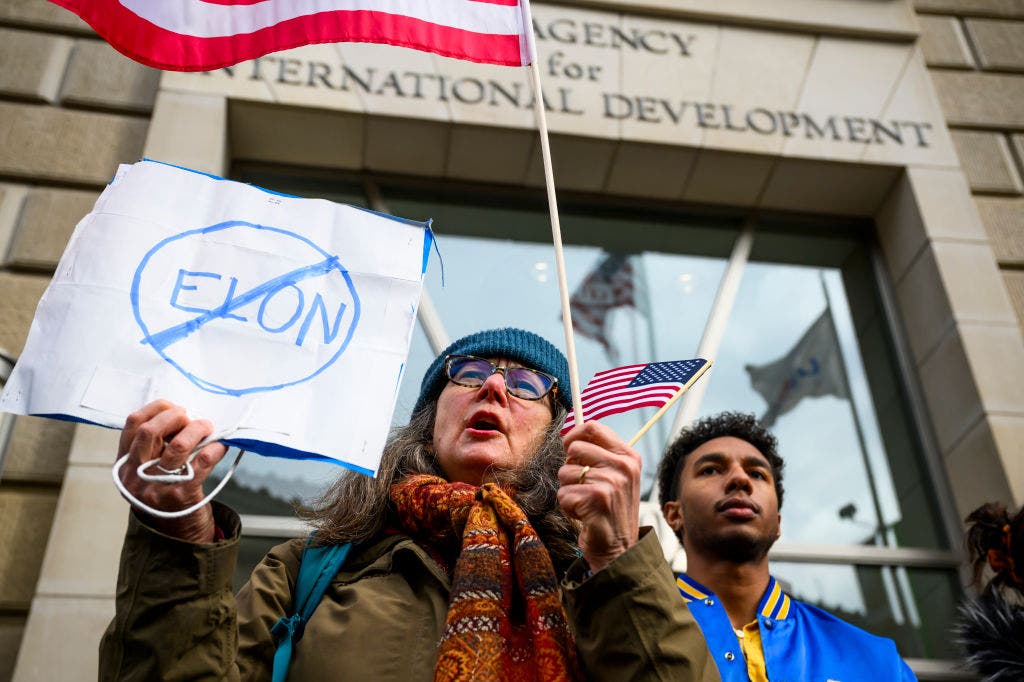Federal Judge Rules Against Trump's Freeze on Foreign Aid Spending
A federal judge determined President Trump's freeze on foreign aid funding overstepped constitutional bounds, ordering the administration to pay outstanding debts.
Overview
U.S. District Judge Amir H. Ali ruled that President Trump's freeze on foreign aid funding violated constitutional authority, stating that Congress alone dictates appropriations. Despite a significant cutback in aid programs led by Secretary of State Marco Rubio, the ruling requires the administration to pay nearly $2 billion owed to contractors for completed work. The judge noted an excessive executive overreach, highlighting ongoing controversy regarding the funding and future of U.S. foreign aid. The decision raises questions about presidential power and the administration's commitment to international humanitarian efforts.
Report issue

Read both sides in 5 minutes each day
Analysis
- A federal judge ruled that the Trump administration likely overstepped its constitutional authority by freezing foreign aid funding, emphasizing that the power to determine spending rests with Congress, not the executive branch.
- The ruling mandates the Trump administration to pay outstanding foreign aid funds, highlighting concerns about the massive cuts made to USAID programs without congressional approval.
- Critics argue that the drastic reduction in foreign aid programs undermines U.S. national interests and key aspects of international relations, which have relied on humanitarian assistance.
Articles (3)
Center (1)
FAQ
The Trump administration was ordered to pay nearly $2 billion in foreign aid reimbursements. Initially, the deadline for payment was February 26, but it was later extended by a federal judge.
The Supreme Court denied the Trump administration's request to block the payment of foreign aid funds, ruling 5-4 against the administration's appeal.
The freeze forced organizations around the world to slash services and lay off thousands of workers due to the lack of funding.
History
- This story does not have any previous versions.

